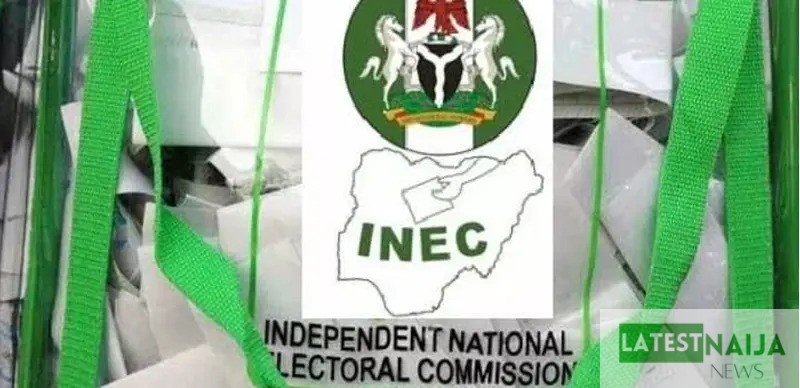The Independent National Electoral Commission (INEC) has categorically stated that the Kogi governorship election held on November 11 was conducted in a free, fair, and credible manner, dismissing allegations of tampering with accredited voter figures.

INEC reaffirmed its commitment to transparency and electoral integrity in a statement released by Alhaji Mohammed Haruna, a National Commissioner and member of the Information and Voter Education Committee, headquartered in Abuja.
The electoral commission responded to various media reports claiming that it had manipulated the accredited voter figures during the Kogi governorship election and posted inaccurate results on the INEC Result Viewing (IReV) portal. Haruna firmly refuted these claims, emphasizing that they were without merit.
“The attention of INEC has been drawn to some media reports alleging it tampered with the accredited figures of voters in Kogi governorship election results uploaded on the INEC Result Viewing (IReV) portal. However, these reports are unfounded.
“For the avoidance of doubt, the most accurate and up-to-date voters’ accreditation data is available in the Bimodal Voter Accreditation System (BVAS). BVAS is used for the authentication and accreditation of registered voters at various polling units on election day. It automatically retains the accreditation data of all voters,” he said.
Haruna further explained that the BVAS is specifically designed to function primarily offline, ensuring a swift and seamless authentication and accreditation experience for voters. When the BVAS application is active, it exports accreditation data to the Accreditation Backend System (ABS) based on its internet connectivity strength.
However, this exportation does not occur when the application is inactive or when internet connectivity is poor.
“The same experience applies to a situation where more than one BVAS gadget is used at a polling unit with more than 1,250 registered voters.
“This could be compared to a situation when poor network services delay the delivery of an SMS sent from one individual to another through a mobile phone, “ he said.
The INEC official also clarified that the synchronization process, which takes place after the close of polls, is essential to ensure that all accreditation data is correctly captured and updated in the ABS.
This process, responsible for any changes in accreditation figures, is the basis for the disclaimer provided on the IReV portal concerning accreditation figures. Importantly, this data cannot be altered on the BVAS after the close of polls.
Haruna concluded by urging the public to disregard any misleading reports and misinformation, assuring them of INEC’s unwavering commitment to conducting transparent, credible, and free elections.
The INEC’s statement serves to quell any doubts regarding the integrity of the Kogi governorship election and affirms the commission’s dedication to upholding the principles of democracy in Nigeria.


Comments are closed.